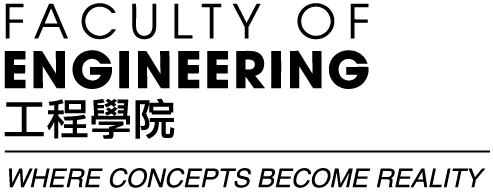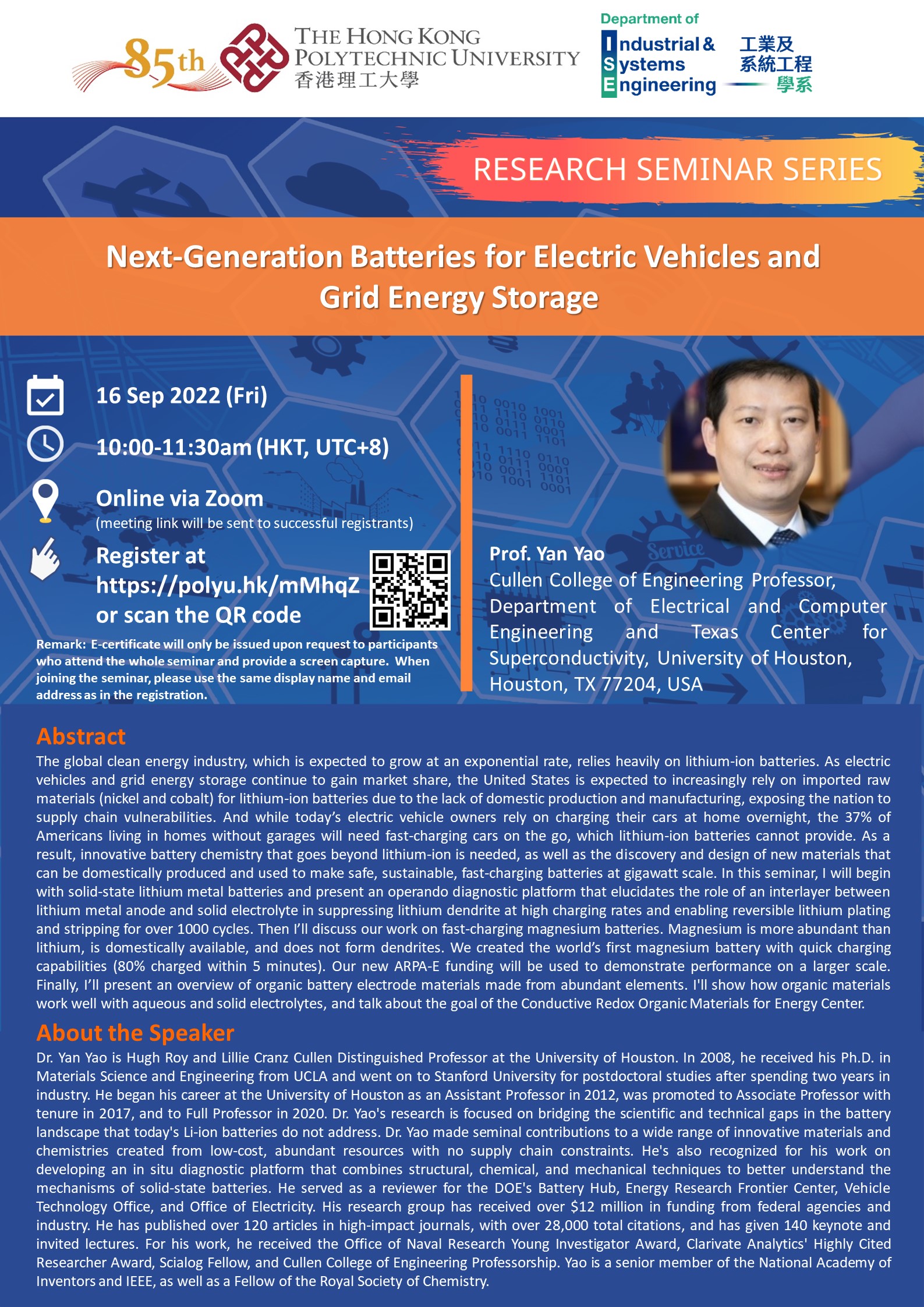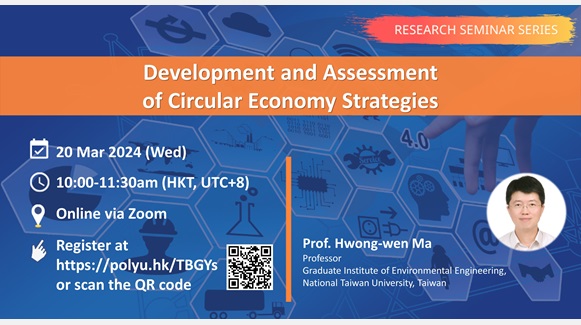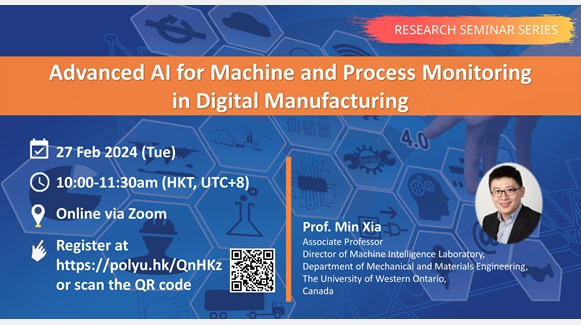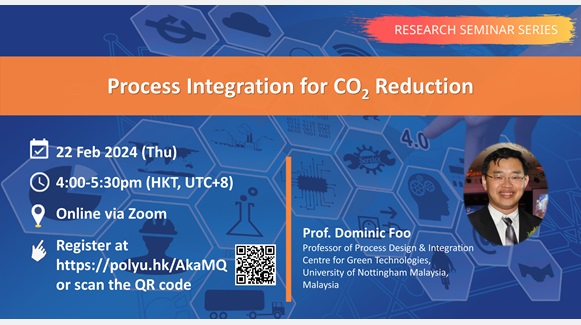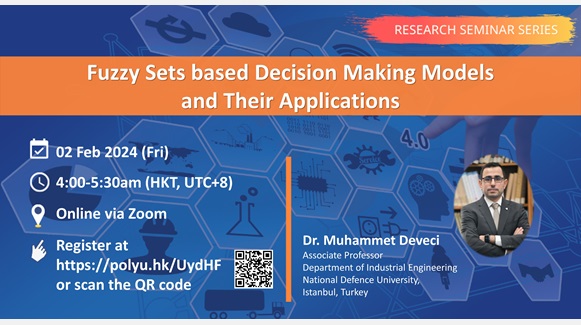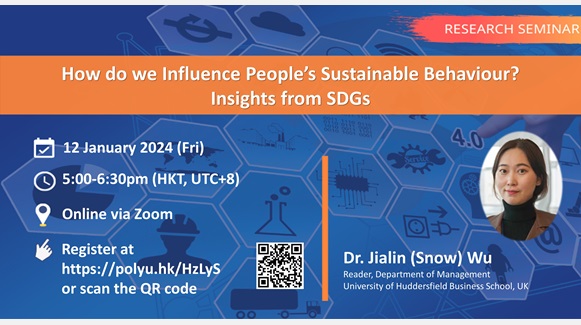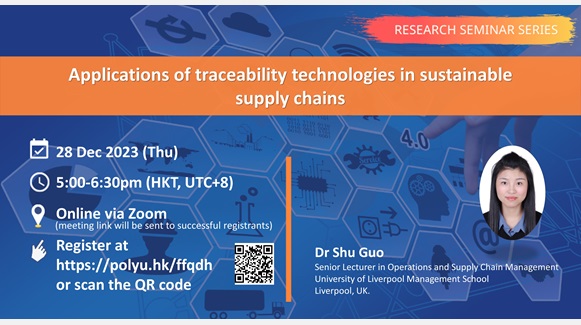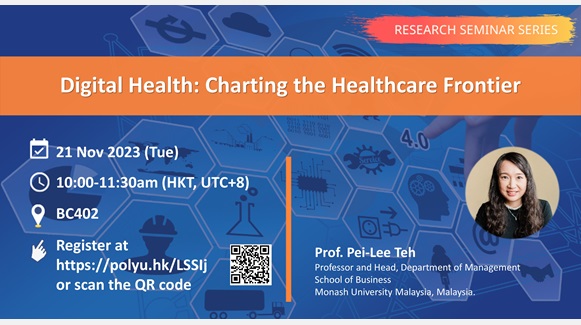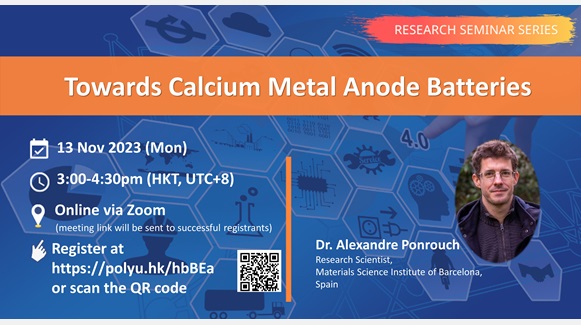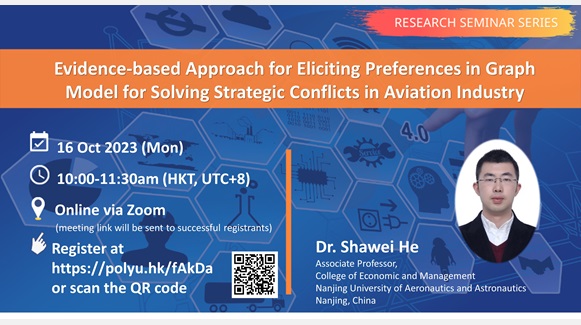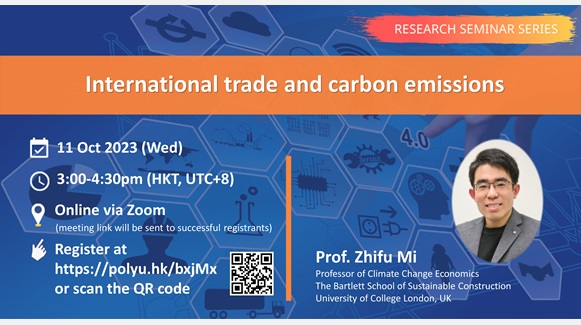Next-Generation Batteries for Electric Vehicles and Grid Energy Storage
Research Seminar Series
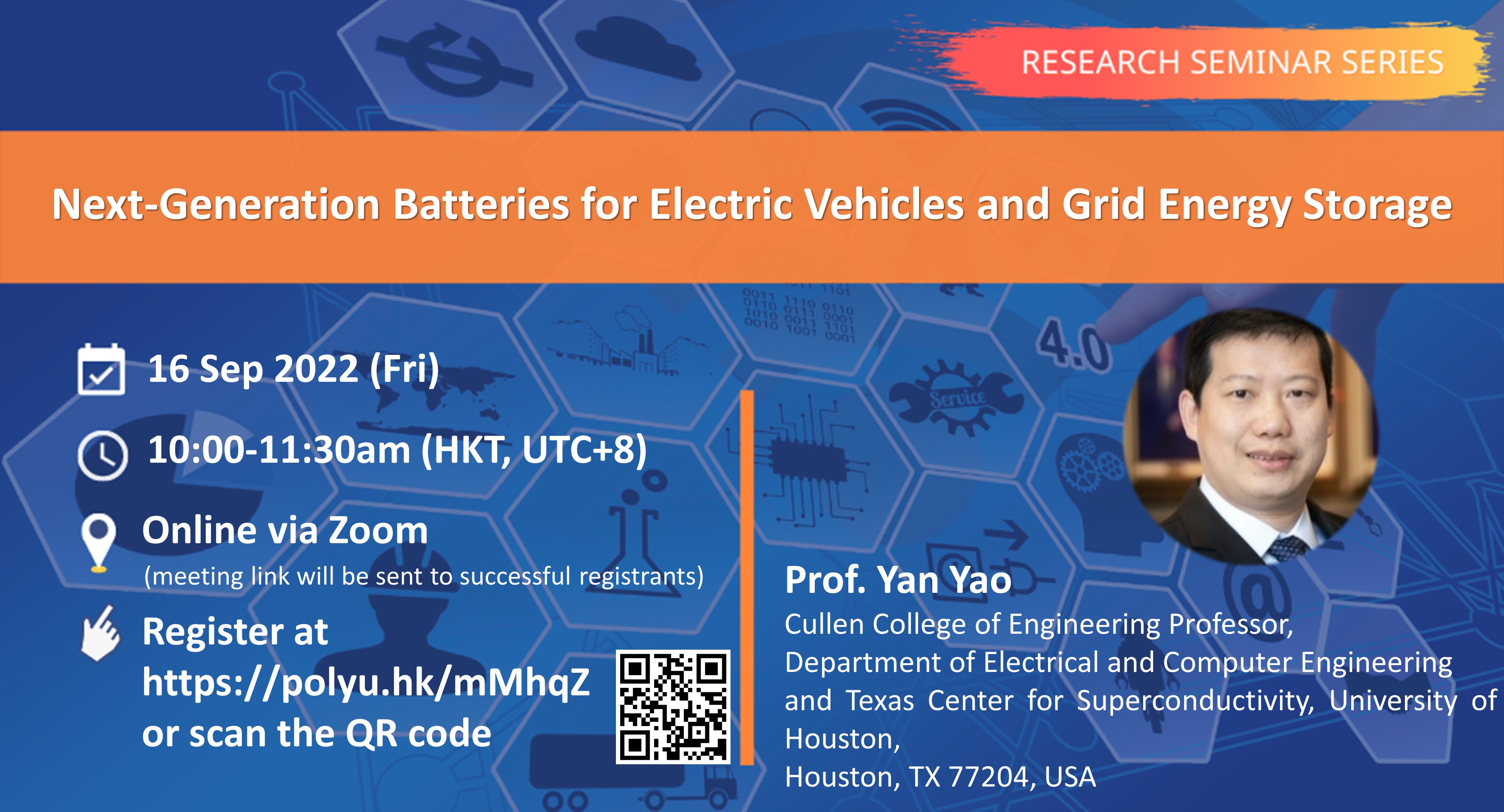
-
Date
16 Sep 2022
-
Organiser
Department of Industrial and Systems Engineering, PolyU
-
Time
10:00 - 11:30
-
Venue
Online via ZOOM
Speaker
Prof. Yan Yao
Remarks
Meeting link will be sent to successful registrants
Summary
The global clean energy industry, which is expected to grow at an exponential rate, relies heavily on lithium-ion batteries. As electric vehicles and grid energy storage continue to gain market share, the United States is expected to increasingly rely on imported raw materials (nickel and cobalt) for lithium-ion batteries due to the lack of domestic production and manufacturing, exposing the nation to supply chain vulnerabilities. And while today’s electric vehicle owners rely on charging their cars at home overnight, the 37% of Americans living in homes without garages will need fast-charging cars on the go, which lithium-ion batteries cannot provide. As a result, innovative battery chemistry that goes beyond lithium-ion is needed, as well as the discovery and design of new materials that can be domestically produced and used to make safe, sustainable, fast-charging batteries at gigawatt scale. In this seminar, I will begin with solid-state lithium metal batteries and present an operando diagnostic platform that elucidates the role of an interlayer between lithium metal anode and solid electrolyte in suppressing lithium dendrite at high charging rates and enabling reversible lithium plating and stripping for over 1000 cycles. Then I’ll discuss our work on fast-charging magnesium batteries. Magnesium is more abundant than lithium, is domestically available, and does not form dendrites. We created the world’s first magnesium battery with quick charging capabilities (80% charged within 5 minutes). Our new ARPA-E funding will be used to demonstrate performance on a larger scale. Finally, I’ll present an overview of organic battery electrode materials made from abundant elements. I'll show how organic materials work well with aqueous and solid electrolytes, and talk about the goal of the Conductive Redox Organic Materials for Energy Center.
Keynote Speaker
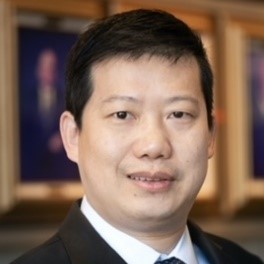
Prof. Yan Yao
Cullen College of Engineering Professor,
Department of Electrical and Computer Engineering
and Texas Center for Superconductivity,
University of Houston,
Houston, TX 77204, USA
Dr. Yan Yao is Hugh Roy and Lillie Cranz Cullen Distinguished Professor at the University of Houston. In 2008, he received his Ph.D. in Materials Science and Engineering from UCLA and went on to Stanford University for postdoctoral studies after spending two years in industry. He began his career at the University of Houston as an Assistant Professor in 2012, was promoted to Associate Professor with tenure in 2017, and to Full Professor in 2020. Dr. Yao's research is focused on bridging the scientific and technical gaps in the battery landscape that today's Li-ion batteries do not address. Dr. Yao made seminal contributions to a wide range of innovative materials and chemistries created from low-cost, abundant resources with no supply chain constraints. He's also recognized for his work on developing an in situ diagnostic platform that combines structural, chemical, and mechanical techniques to better understand the mechanisms of solid-state batteries. He served as a reviewer for the DOE's Battery Hub, Energy Research Frontier Center, Vehicle Technology Office, and Office of Electricity. His research group has received over $12 million in funding from federal agencies and industry. He has published over 120 articles in high-impact journals, with over 28,000 total citations, and has given 140 keynote and invited lectures. For his work, he received the Office of Naval Research Young Investigator Award, Clarivate Analytics' Highly Cited Researcher Award, Scialog Fellow, and Cullen College of Engineering Professorship. Yao is a senior member of the National Academy of Inventors and IEEE, as well as a Fellow of the Royal Society of Chemistry.
You may also like


